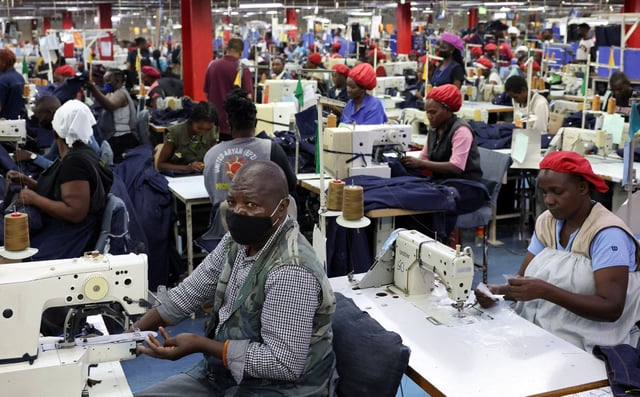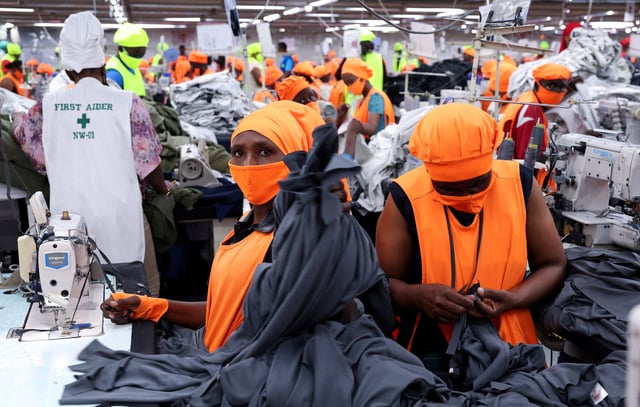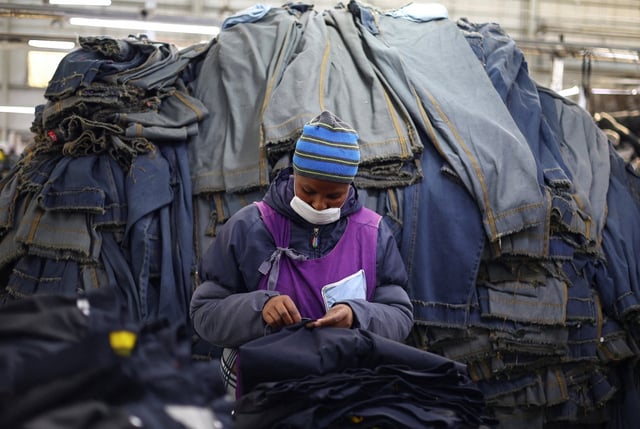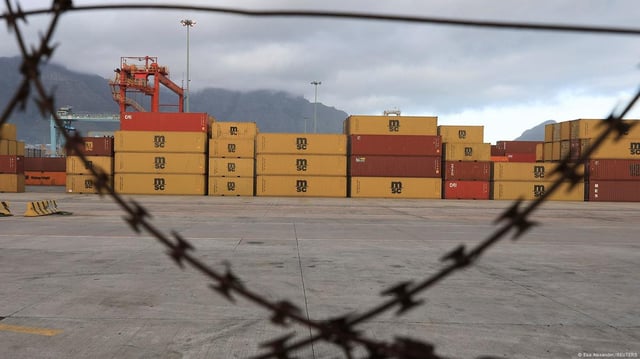Overview
- Officials say the administration supports a one-year renewal, though passage likely depends on attaching it to a stopgap funding bill and remains uncertain as the deadline arrives.
- African delegations and textile executives pressed their case in Washington, with unions estimating roughly 300,000 direct and 1 million indirect jobs could be lost without the program.
- New U.S. tariffs introduced this year have already eroded AGOA’s benefits by exposing previously duty-free exports to import taxes of about 10% to 30%, according to Reuters.
- AGOA has granted duty-free access on thousands of products, yet trade has been concentrated and modest, with U.S. imports under the program at $9.7 billion in 2023 and around $8 billion in 2024 led by crude oil, apparel, and agricultural goods.
- Governments are pursuing fallbacks that include a Kenya–U.S. bilateral pact, deeper AfCFTA usage, and expanded ties with China and the EU, while sectors like Madagascar’s vanilla and textiles face steep post-AGOA tariffs such as 47%.



